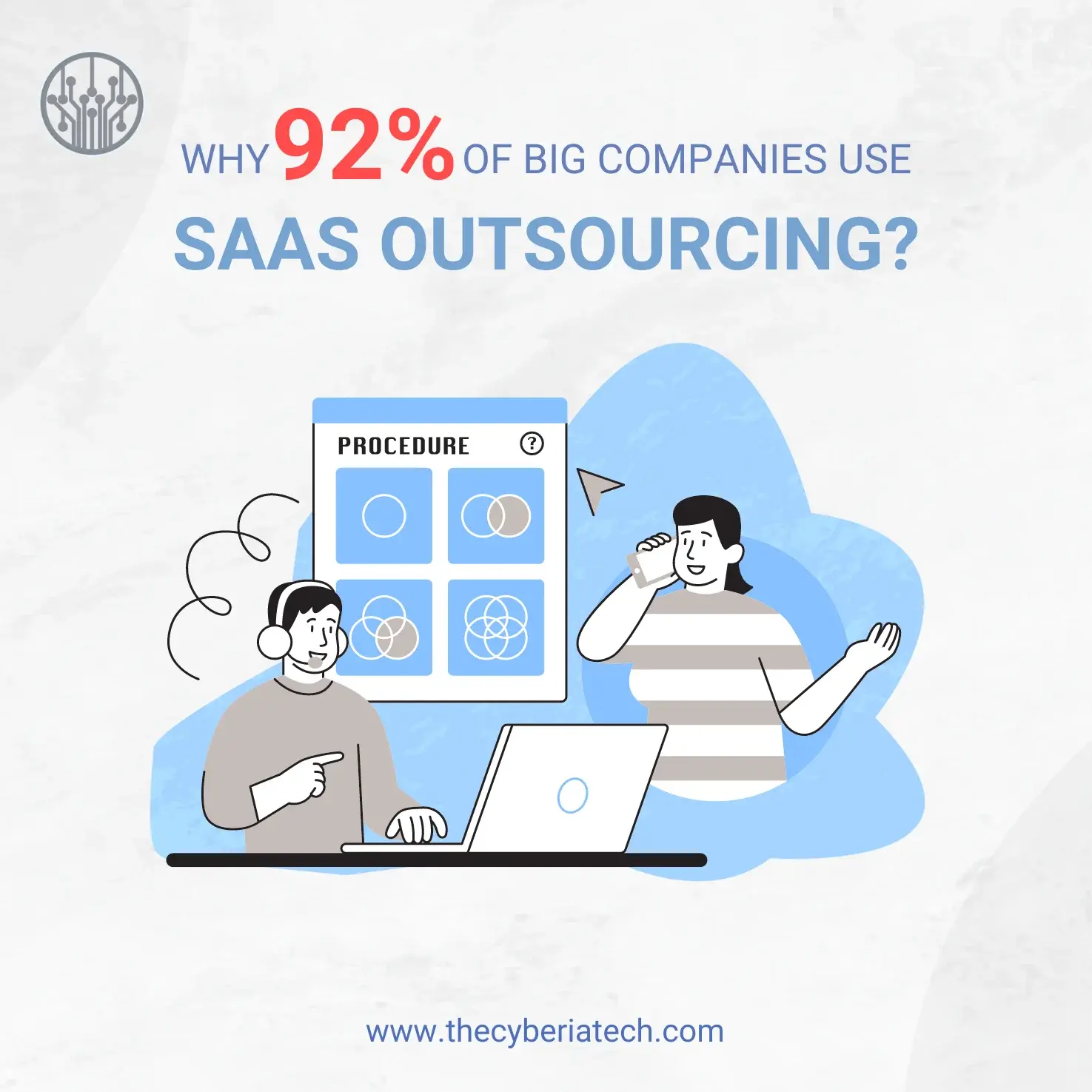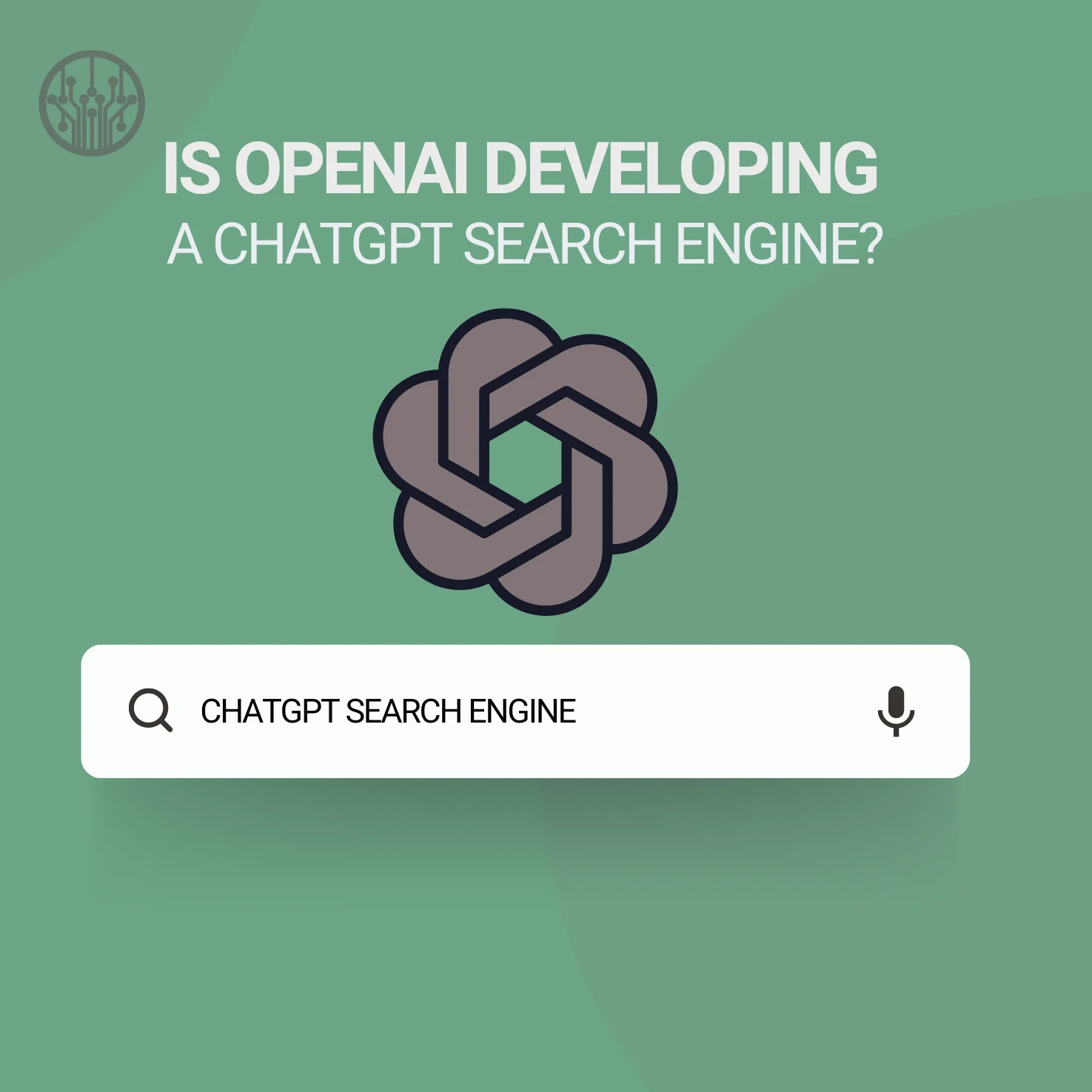As technology evolves, hybrid app development has emerged as a viable alternative for mobile app creators. It’s been years since we have been using mobiles.
The business behind this world has altered our perception of mobile phones. We can say that hybrid application development gave developers more options for creating various mobile apps.
These high-end options accelerated the development process for developers. The hybrid mobile app development will allow us to create an app similar to native app development.
Stay tuned to find out more about this development mission.
How to explain hybrid mobile app development
Hybrid app development is a term that can help us understand how the app functions on various platforms.
Another interpretation is that the developer only has to write the code once to make the software work on both Android and iOS.

What’s the point out of it? What we mean by the term “hybrid” is a combination of “native” and “web” development. The benefits and drawbacks of hybrid app development deserve a closer look
The Benefits of Hybrid Mobile Apps
As we’ve already mentioned, one of the primary advantages of this mobile app development creation is the possibility of saving time. Here’s a rundown of some more perks:
- Quicker development
Because only one code base is required for both platforms, there is no need to act like a native app and write code for each platform separately.
Hybrid frameworks, on the other hand, have the ability to reuse codebases.
- Make your market goal greater
In mobile development, hybrid is an excellent choice for reaching your target audience. Since you are in the early stages of determining which platform is the best solution and achieving a balance to get a satisfactory result.
You have two sides of the scale at the same time with this particular development.
- Helpful in many cases
The provided frameworks in the backend mobile app development are in harmony on clouds, easily usable plugins with better functionality.
The result is hybrid apps in famous cloud services such as AWS.
The development process of hybrid apps in frontend mobile development is similar to web apps, written in common markup HTML, style-sheet CSS, and JavaScript.
On the other hand, there is no such thing as perfection. Each mobile development has its own set of drawbacks
The negative points in hybrid mobile app development
The answer is straightforward. In mobile app development, native app development refers to an app that is designed specifically for a single platform and operating system. The development time is much longer; however, you will have satisfactory overall performance with simple and complex apps with the native one.
However, if you need the app quickly and are concerned about the cost of development, go with hybrid. Generally, if you are a fan of minimalism and simplicity hybrid app can be the first choice for your fresh idea.
Hybrid app development vs native, which road is the answer?
There’s a simple explanation for this. The term “native app development” is used in the mobile app industry to describe apps that are written from the ground up for a particular mobile OS. While the native option takes somewhat longer to build, it provides superior overall performance for both simple and complex programmes.
If time to market is more important than budget, though, hybrid is the way to go. In most cases, a hybrid app can be the first pick for your new idea if you are a fan of minimalism and simplicity.

- Leaks in 3D support
Don’t choose hybrid app development if you expect awe-inspiring graphics covered with 3D features. But if you consider using it, other tools such as Unity 3D can make up the lacks.
How much do you know about the hybrid app framework?
Any app development requires some of the most popular and widely used frameworks. Here is a list of the top 5 hybrid app development tools to get you started.
- Ionic
The first and one of the top mobile app development frameworks in the last year. With an extensive library and some of the best user interfaces for creating and building major-league PAWs.
The framework also includes user interface designs such as themes, typography, and image design.
Besides, the CLI (Command Line Interface) factor in Ionic is another option to assist you in developing a hybrid app with typescript and Node.Js.
On the other hand, you can get standard updates and debugging tools. Ionic’s popularity stems from its efficiency in developing simple and uncomplicated apps.
- React Native
This framework is the other solution for hybrid mobile app development. Despite some arguments about giving Ionic a better answer, React Native is almost ideal for having a native-like experience. It has:
- A lot of potentials to use codes over and over
- Recognize bugs easily
- Time-saving during the development process
- Provide a bunch of plugins
- Refreshes the whole app (live reloading)
The opposite part and the cons are:
- Not perfect for heavy special effects and interactions
- Weak points in navigation components
- Not satisfactory with displaying content (Custom Module)
3. Kendo UI
The other best framework for mobile development gives you a complete set of JavaScript UI elements and jQuery, react Agular, and Vue libraries. Some potentials are hidden in high-performance, astonishing, and receptive applications.
It is a tool to present you make changes to your existing design with updated and advanced features, like charts, spreadsheets, and grid components. However, it needs better documentation.
4. Framework7
It the open-source and free for hybrid application development. It is widely used for desktop, mobile, and web-based applications. It also brings you some of the best UI components for flawless performance on any platform.
- It’s smooth and easy to learn
- It is specifically for Android and ios
- Normal and standard documentation size
5. Aurelia
The last and most powerful framework that gives this chance to use javascript or Typescript. The simplicity of Aurelia is key to having an influential app.
- High performance
- Easy coding
- Not having a high documentation capacity
Choosing between each of these frameworks is a hard decision. Other frameworks, such as Flutter, have become popular in recent years owing to their ability.
It’s up to you which one is the right choice. Just look at the bright side, hybrid mobile app development has the tendency to show your mobile app as soon as possible to the audience.
Is there any well-known hybrid app example?
Definitely yes. You have used some of them and have it on your smartphone right now. Here is a list to show you the app that you use every day is made out of hybrid mobile app development.
Is one of the first and excellent examples. A social media that is under gigantic traffic every day but still enjoyable. What is the good point of Twitter?

- You enjoy the space
- Describe what you really feel about a subject
- Live video streaming from your smartphone
2. Amazon App Store
The other productive one. A user-friendly interface and flawless performance that gets its power from HTML5. Why do we enjoy using Amazon App Store?
- Quickly checking out process
- You can give feedback on
- It is globally classified
3. Uber
All of us have used Uber at least on time. An app with a simple and clean user interface. Fast performance on Android and iOS with the high-powered feature. Why do we use Uber?
- No hardship in finding the user’s location without wasting time
- There are several payment methods
- Vehicle details and monitoring drivers on Google map is possible
4. Gmail
It’s undeniable to admit that the Gmail application is a great example of hybrid app development. The combination of native and HTML have made the application so beneficial. How come?
- It has an organized inbox
- Bans any spam
- A free data storages with 15GB capacity
- Able to have several accounts for the users
5. Evernote
The last app is one of the best planners. A whole pack application to set all your projects and plans in a perfect form. It is connected with your calendar and reminds you of what you have today. Why install it on your phone?
- It syncs every plan and notes automatically
- You are fully organized and never miss anything
So, we can say that hybrid app development technology is not a thing to be underestimated
"With artificial intelligence, we are summoning the demon. You know all those stories where there's the guy with the pentagram and the holy water, and he's like, yeah, he's sure he can control the demon? Doesn't work out.r "
Questions may come to your mind...
NativeScript Kendo UI Framework7 Quasar
UI Aurelia Onsen
A hybrid app is basically a web app with a lightweight native app “container” that gives it access to native platform features and device hardware that a web app can’t use, such as a device’s camera, calendar, push alerts, and the ability to pinch and spread.
With hybrid programming, you can make your app just once and then use it on multiple devices, like iOS, Android, or Windows. This saves time for coders who are working on multiple projects made for each app separately.
Hybrid apps can be used on any smartphone, no matter what operating system it has. They make it possible for writers to write one set of code that works with more than one operating system. Hybrid apps like Instagram, Amazon, Evernote, and Netflix are very well-known.
Jump to conclusion…
What is crucial in hybrid app development? The simple process of development is the answer. Another advantage of hybrid application development is that it saves time and money.
We’ve had similar experiences with apps created through hybrid mobile app development. Did you have any negative thoughts about it?
No. You almost always use Twitter or Uber. It may not be easy at first, but you get used to it and learn how to work with it. It’s understandable that it lacks user interaction, but there are UI tools that can help.
Please share your thoughts and send us your feedback on this article. By the way, if you have a new idea in this case, please get in touch with us or get helpful services.







